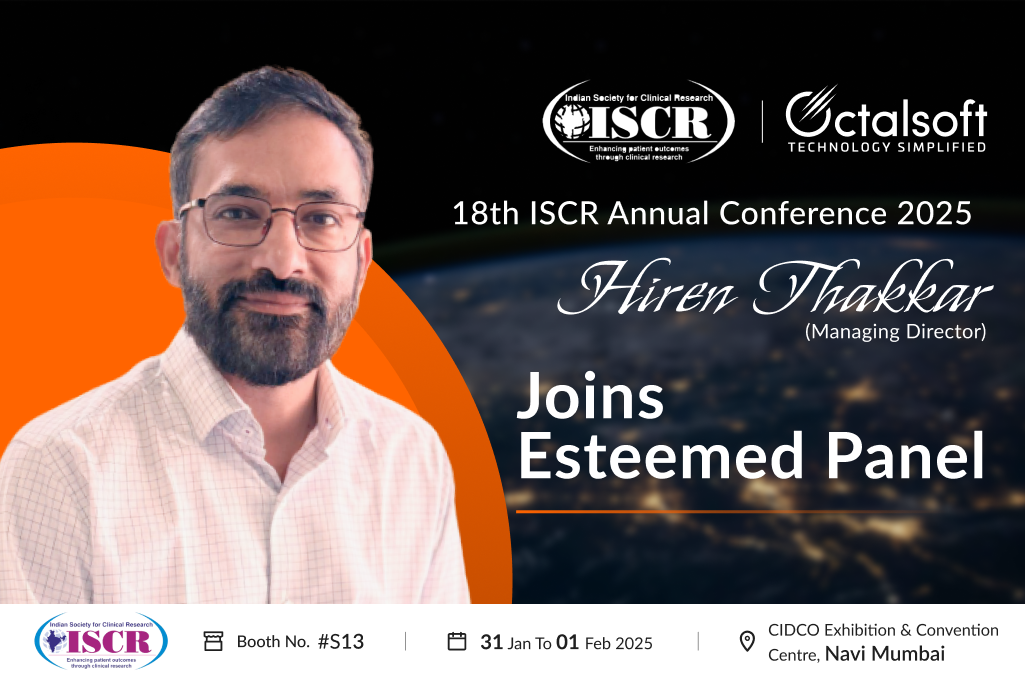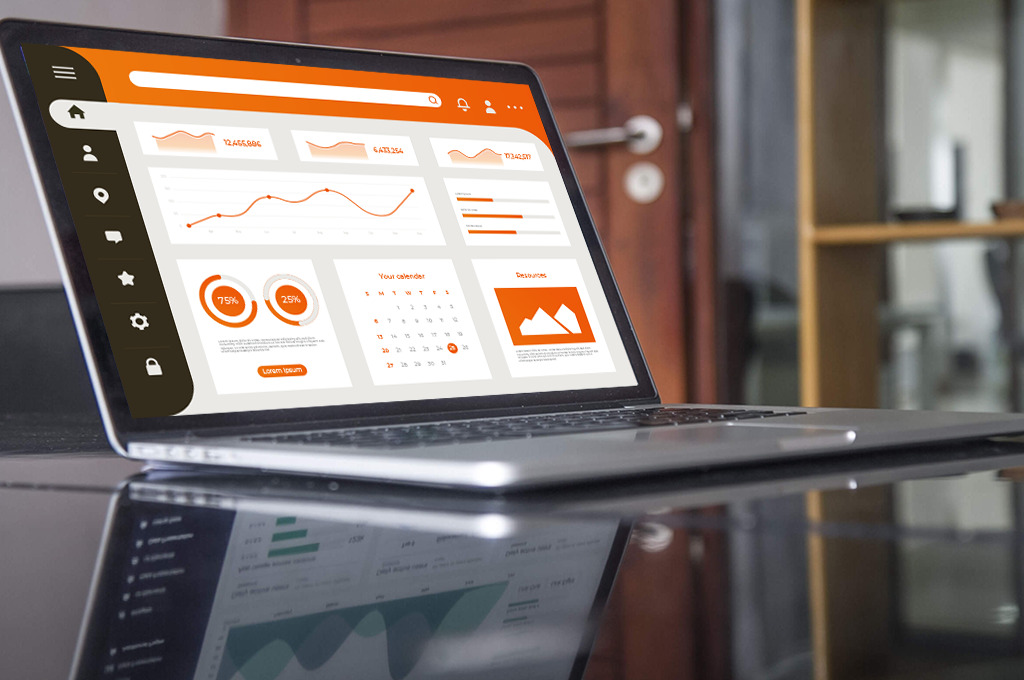In the ever-evolving landscape of healthcare, innovation is the name of the game. We've gone from leeches and bloodletting to gene therapy and personalized medicine. But amidst all these advancements, there's a quiet revolution brewing - one that's changing the way we conduct clinical trials. Enter the era of Decentralized Clinical Trials (DCTs) - the cool kids on the block, shaking up the status quo and turning traditional trial methods on their heads.
Now, before we dive headfirst into the world of DCTs, let's take a moment to appreciate the old guard. Traditional clinical trials, with their rigid protocols and brick-and-mortar sites, have long been the backbone of medical research. But let's face it - they're about as fun as a trip to the dentist. Picture this: You're a participant in a clinical trial, sitting in a sterile waiting room, flipping through outdated magazines, and trying not to make eye contact with the person coughing in the corner. Exciting, right? Not exactly a thrill ride at Disneyland.
But fear not, dear readers, for DCTs are here to save the day - or at least make clinical trials a tad less mundane. So, what exactly are DCTs, you ask? Well, think of them as the rebellious teenagers of the clinical trial world - breaking free from the constraints of traditional sites and embracing the wonders of modern technology. Here are some statistics for you to consider:
- 2021 WCG survey: 94% of research sites had adopted at least one decentralized methodology, while 88% of sites had hosted hybrid trials that combine remote technology and in-person site visits.
- A GlobalData study found approximately 1,300 drug clinical trials with a virtual and/or decentralized component were expected to start in 2022, a 28% increase from 2021 (1,011 trials)) and a staggering 93% increase from 2020 (673 trials).
- Phase III trials have been the most likely to adopt decentralized approaches like ePROS, eCOAs or eConsent, while usage of telemedicine approaches across Phase III trials increased from 2.7% in 2019 to 5.9% in 2021 – Clinical Trials Arena.
- The value of the DCT market is set to increase exponentially over the decade – Valued at approximately $6.11 billion in 2020, the DCT market is projected to reach $16.29 billion in value by 2027.
"In a nutshell, DCTs leverage telemedicine, wearable devices, and mobile apps to bring the clinical trial experience to the comfort of your own home. No more long commutes to the clinic or awkward encounters with fellow participants in the waiting room. With DCTs, you can be part of groundbreaking research without having to deal with the inconvenience of visiting a site every few days - a win-win in my book."
- Krunal Bhatt, Technical Manager, Octalsoft
But the perks of DCTs don't stop there. By decentralizing trials, researchers can cast a wider net and recruit participants from all corners of the globe. Suddenly, geography is no longer a barrier, and clinical trials have become more inclusive and diverse. Plus, with real-time data streaming in from wearable devices, researchers can monitor participants' health more closely than ever before. It's like having a team of virtual nurses keep tabs on you 24/7, minus the needle sticks and hospital food.
Benefits of DCTs
Today innovation isn't just a buzzword - it's the driving force behind every breakthrough, every discovery, and every leap forward. And in this ever-evolving landscape, one concept stands out as a beacon of progress: Decentralized Clinical Trials (DCTs). So, grab your lab coat and strap in, because we're about to explore the myriad benefits of DCTs and why they're poised to revolutionize the way we conduct clinical research.
- Accessibility for All: Gone are the days of limiting clinical trials to specific geographical locations. With DCTs, the world becomes our oyster. By leveraging telemedicine and digital platforms, researchers can reach a broader and more diverse pool of participants.
- Convenience Redefined: Let's face it - sitting in a sterile waiting room for hours on end isn't anyone's idea of a good time. But with DCTs, participants can bid farewell to long commutes and awkward encounters with fellow trial-goers. Instead, they can participate from the comfort of their own homes, using wearable devices and mobile apps to track their progress and communicate with researchers.
- Real-Time Insights: Thanks to the wonders of wearable technology, researchers can now gather real-time data on participants' health and behavior. From heart rate and activity levels to sleep patterns and medication adherence, the possibilities are endless.
- Enhanced Engagement: Let's be honest - traditional clinical trials aren't exactly known for their stellar customer service. But with DCTs, participants are empowered to take an active role in their healthcare journey. They're no longer passive subjects but partners in the research process, with a voice and a stake in the outcome.
- Cost-Effective Solutions: Last but not least, let's talk dollars and cents. Decentralized trials have the potential to significantly reduce the cost and complexity of conducting clinical research. By eliminating the need for brick-and-mortar sites and streamlining the data collection process, researchers can save time, resources, and, most importantly, money.
How DCT’s have changed Clinical Trials Forever
Decentralized Clinical Trials are more than just a buzzword - they're a game-changer for healthcare research. With their emphasis on accessibility, convenience, real-time insights, enhanced engagement, and cost-effective solutions, DCTs are paving the way for a brighter, more inclusive future.
Now, I know what you're thinking - with all this talk of fancy gadgets and remote monitoring, are we sacrificing the rigor and reliability of traditional trials? Fear not, skeptics, for DCTs are just as robust - if not more so - than their old-school counterparts. Thanks to advances in data security and digital infrastructure, researchers can ensure that sensitive information remains safe and sound, while still reaping the benefits of real-world evidence.
But perhaps the most exciting aspect of DCTs is their potential to revolutionize patient engagement. Let's face it - clinical trials aren't exactly known for their stellar customer service. Participants are often treated like lab rats, subjected to endless tests and procedures with little to no regard for their comfort or convenience. But with DCTs, participants are empowered to take control of their health journey. They're no longer passive subjects but active partners in the research process. It's like going from a bland, one-star diner to a five-star restaurant with a customizable menu - who wouldn't want a seat at that table?
Of course, like any revolutionary idea, DCTs are not without their challenges. Regulatory hurdles, technological limitations, and lingering skepticism from the medical establishment are all potential roadblocks on the path to widespread adoption. But as history has shown us time and time again, progress waits for no one. And with the promise of improved efficiency, increased diversity, and enhanced patient engagement, the future of clinical trials looks brighter than ever before.
In Summation
So, here's to the rebels, the trailblazers, and the fearless pioneers of DCTs. May your trials be decentralized, your data secure, and your participants well-equipped with the latest wearable tech. The healthcare revolution is upon us - and it's time to embrace the future, one virtual clinic visit at a time.
We trust that this post will prove informative. Schedule a Free Demo now to learn more about how Octalsoft can assist you in developing and implementing a decentralized clinical trial system that links trial experiences for patients, sites, and sponsors.
Interested in finding out more? You can have a quick chat with one of our experts by following this Link. We look forward to hearing from you. Watch this space for more information, updates and fresh insights for your clinical trials in Octalsoft’s vast library of scientifically driven publications written by our team and industry key opinion leaders.



